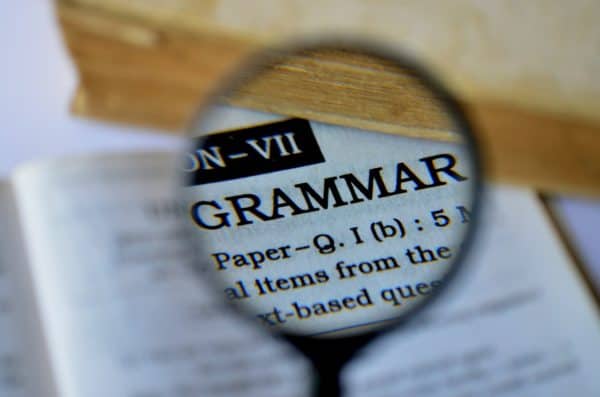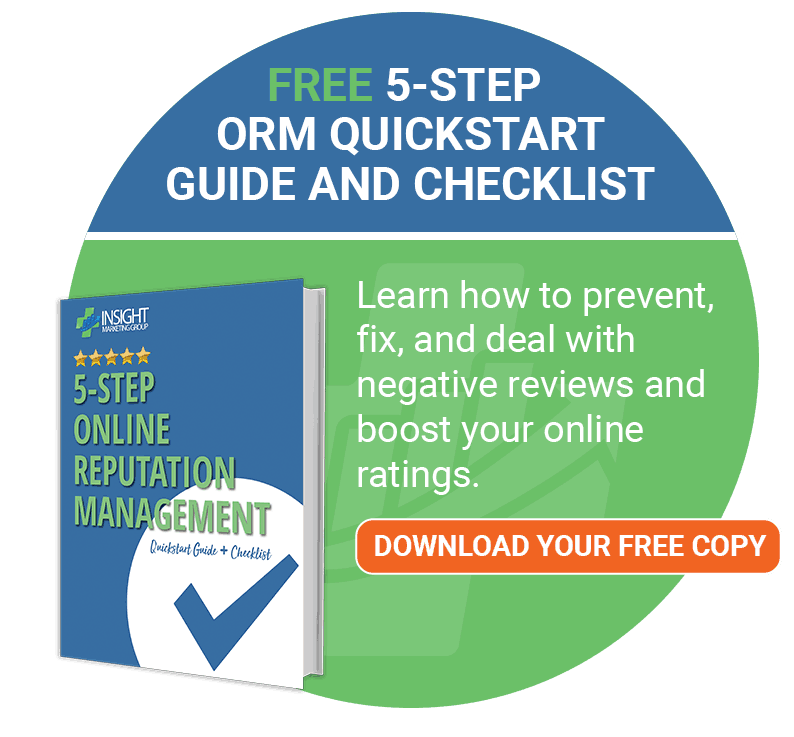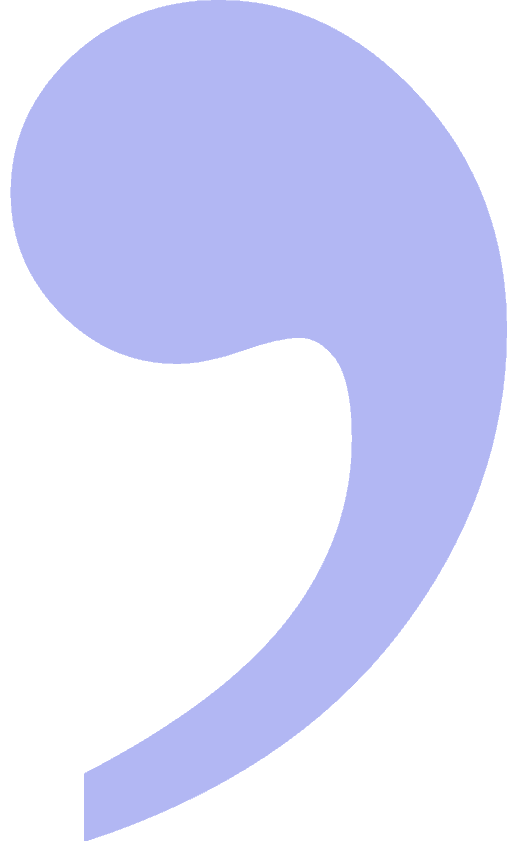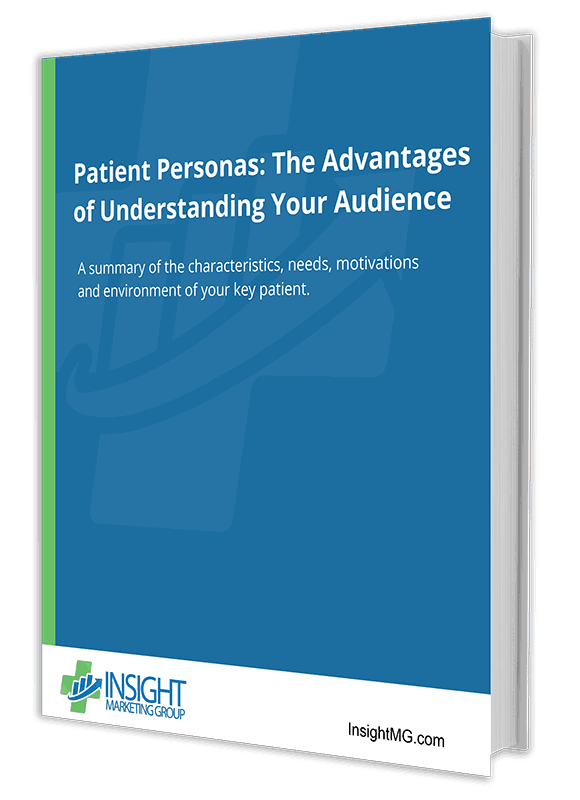
How important is grammar for your medical practice marketing material? How important is fresh air to your lungs? Poor grammar on your marketing material can turn patients away. Luckily, we’ve got 5 tips to help you write better and avoid mistakes.
Industry experts agree that poor grammar on your website can cause readers to flee, damage your brand’s credibility, and even negatively affect how your practice site ranks on search engines like Google and Bing.
When it comes to digital marketing and social media customer service, you need to bat 1,000 where your grammar is concerned. You’ll never get a second chance to make a first impression, and worse yet, you can do some serious damage to your reputation when you drop the ball.
In our inaugural content grammar post, 5 Ways to Enhance Your Medical Content Writing, we covered some of the basics of medical grammar writing, but we soon realized that it was only the tip of the iceberg. We also wanted to share this handy infographic to help you avoid common spelling blunders.
Below we’ll break down 5 common grammar errors and misunderstandings to help you protect the integrity of that upcoming blog, eBook, how-to guide, or case study. We want you to benefit from our experience so a missing letter or apostrophe won’t be the reason a prospective patient drops you in favor of the competition.
1. Your Subject and Verb Must Agree
The subject and verb of any sentence need to match up in terms of numbers. If your subject is singular, the verb should match, and the same goes for plural. But sometimes this rule can cause us to pull our hair out because to the unseasoned writer it’s not always obvious who or what the subject is. Here are a couple of examples to illustrate the point.
Incorrect: A critical component of my presentation have been my colleagues who worked alongside me.

Correct: A critical component of my presentation has been my colleagues who worked alongside me.
Incorrect: The three most outstanding aspects of the restaurant was the decor, the service, and the desserts.
Correct: The three most outstanding aspects of the restaurant were the decor, the service, and the desserts.
2. Watch Out for Sentence Fragments
A sentence fragment can kill the flow of your writing and confound your readers, most of whom have short attention spans, to begin with. The result? Many of them will leave your website out of frustration and may never come back.
A sentence fragment occurs when a part of a sentence is punctuated as a complete sentence. The fragment is essentially an incomplete sentence that doesn’t have an independent clause; it may be missing a subject or a verb, or both. Here’s how.

Fragment: The telephone with redial capacity. [missing verb]
Complete: The telephone has redial capacity.
Fragment: Rang loudly for five minutes. [missing subject]
Complete: The telephone rang loudly for five minutes.
Sometimes a sentence fragment is written as a dependent clause — meaning it leaves the reader hanging because it needs more context to let us know what is going on, or the sentence needs to be rearranged.
Incorrect: Because the telephone rang loudly.
Correct: Because the telephone rang loudly, the family was awakened in the middle of the night.
Incorrect: The vascular patient underwent all the imaging tests in the morning. Then awaited the results.
Correct: The vascular patient underwent all the imaging tests in the morning, then awaited the results.
Incorrect: She gave her father an expensive watch after the quarrel. Despite everything.
Correct: Despite everything, she gave her father an expensive watch after the quarrel.
3. Unconscious Grammar Goofs
Of course, you know how to spell “there, their, or they’re,” but when you’re not at your sharpest, it’s easy to write one form unconsciously when you should be using another.
The same holds for “your” and “you’re.” Be careful and stay vigilant! As our editorial director likes to say, that second or third eyes reading your final draft is priceless.
Check out these 15 common grammar goofs that even the best of writers fall into from time to time:
15 Grammar Goofs That Make You Look Silly Infographic

4. Don’t Forget Your Commas
You should use a comma after most opening words, elements, or clauses. Commas give the reader an opportunity to rest after an introductory phrase and go a long way to avoiding confusion and boosting the clarity of your writing.
Incorrect: In the event that you didn’t see it on the chart the patient has a history of obesity and diabetes.
Correct: In the event that you didn’t see it on the chart, the patient has a history of obesity and diabetes.
Incorrect: Just after making coffee he didn’t realize that Dr. Smith had run out of the office.
Correct: Just after making coffee, he didn’t realize that Dr. Smith had run out of the office.
5. Watch Out for Vague Pronouns
Pronouns can replace nouns, and what comes before a pronoun should be the object or person to which the pronoun refers. When you use words like it, that, this, and which, you need to be specific to whom your pronoun refers or you may end of with a lot of confused readers.
Incorrect: When Shelly finally found her cat, she was so happy. (The cat or Shelly?)
Correct: Shelly was so happy when she finally found her cat.
Incorrect: Bob surged with tremendous frustration and resentment because of Alice’s decision. This is what destroyed their relationship. (What destroyed their relationship? Bob’s frustration and resentment or Alice’s decision?)
Correct: Bob surged with tremendous frustration and resentment because of Alice’s decision. Her choice destroyed their relationship.
We’re Here to Help
Someone once said that behind every great writer is a great editor. You wouldn’t know it, but some of the most brilliant writers in the world have downright atrocious grammar! The writing process can be harrowing for many, and even if you have talent, taking the time needed to crank out something spectacular may just not be realistic given your other more pressing tasks.
The bottom line is that producing excellently-written and engaging content makes a difference, so if you need help with any of this, we’re here for you. Feel free to reach out to us at any time with your questions or concerns. And stay tuned for the next installment of Hacks for Better Writing.
